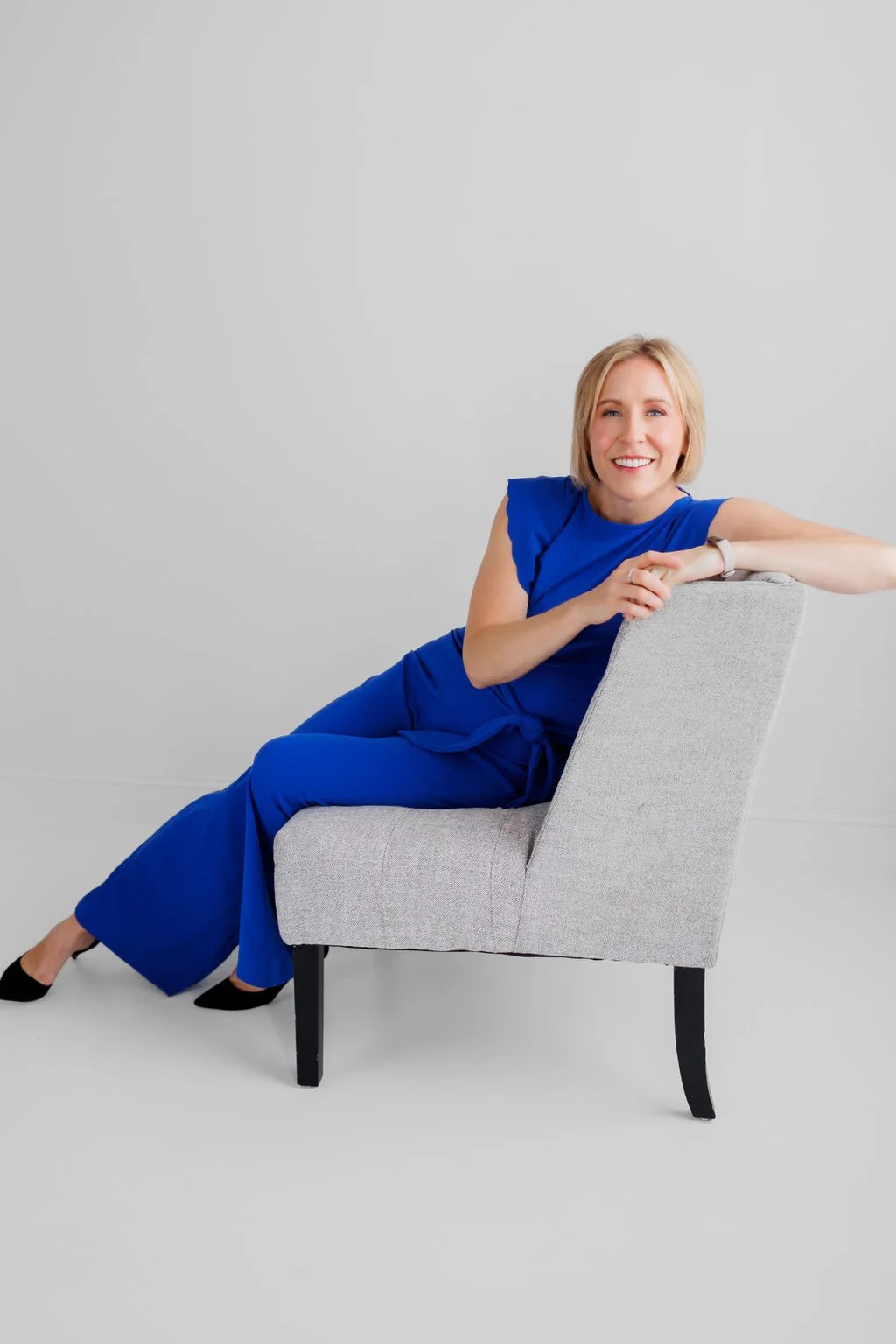
Real tools. Real hope.
Built for survivors.
Why Science for Survivors?
Science for Survivors was born out of a simple belief: trauma should never be the whole story.
Too often, survivors face stigma, misinformation, or treatment that isn’t rooted in science. We wanted to change that. Our mission is to bridge the gap between cutting-edge psychological research and real-world healing—bringing evidence-based care and education to the people and communities who need it most.
You can explore the ways this work takes shape across therapy, forensic evaluation, training, and public education on our services page.
A Note on Language
We know the word “survivor” doesn’t resonate with everyone. People describe their experiences in many different ways, and we deeply respect however you choose to tell your story.
For us, Science for Survivors reflects a commitment to making science-backed tools accessible for those impacted by trauma. If you’d like to learn more about the heart behind our name, you can read our blog post: Because Words Matter: On Choosing the Name Science for Survivors.
Our Philosophy
Science + Compassion: Care should be both evidence-based and deeply human.
Whole-Person Healing: Recovery is more than symptom reduction—it’s about reclaiming safety, meaning, and vitality.
Objectivity + Integrity: In forensic settings, clarity and honesty are essential. Our evaluations are independent, transparent, and guided by the highest ethical and scientific standards.
Access + Equity: Healing shouldn’t be a privilege. Through our Community Care Fund, we reserve low-cost and no-cost spots for those with limited financial means.
Collaboration: We partner with survivors, clinicians, and communities because true change happens when knowledge is shared.
Outside of my professional life, you’ll usually find me exploring the outdoors with my family. I write about travel as connection and the joy of slowing down at
We Went Anyway. For me, time in nature and exploring new places isn’t just adventure — it’s a way of living out the same values I strive to bring to my work: presence, connection, and resilience.
Meet Dr. Christal Badour
I’m Christal Badour, PhD — a clinical psychologist, professor, and speaker who has spent my career studying and treating people who have experienced trauma.
But more than the titles, what drives me is a deep belief: healing is possible, and no one’s story should be reduced to trauma alone.
For more than a decade, I’ve sat with survivors, taught future clinicians, and partnered with communities to make trauma-informed care more accessible. I’ve also served as an independent evaluator and expert witness, helping courts and agencies understand how trauma affects functioning, behavior, and recovery.
Again and again, I’ve seen that science and compassion are most powerful when they come together — when evidence-based tools are shared in ways that are human, practical, and real.
Science for Survivors is my way of bridging those worlds. It’s where research meets real life, and where survivors, clinicians, and communities can find tools that foster recovery and resilience.



